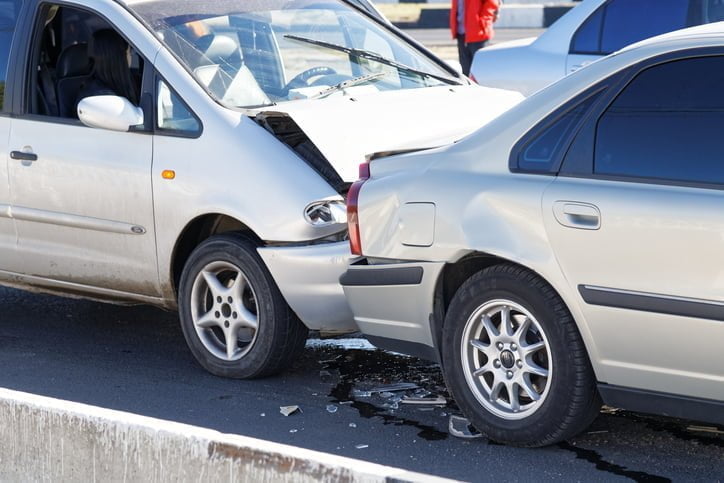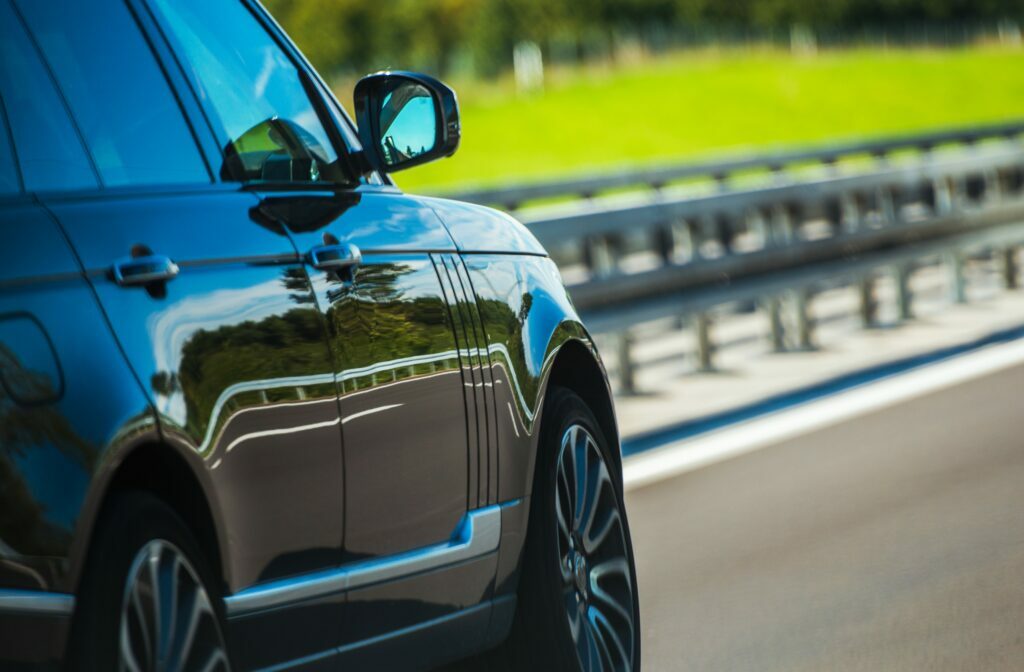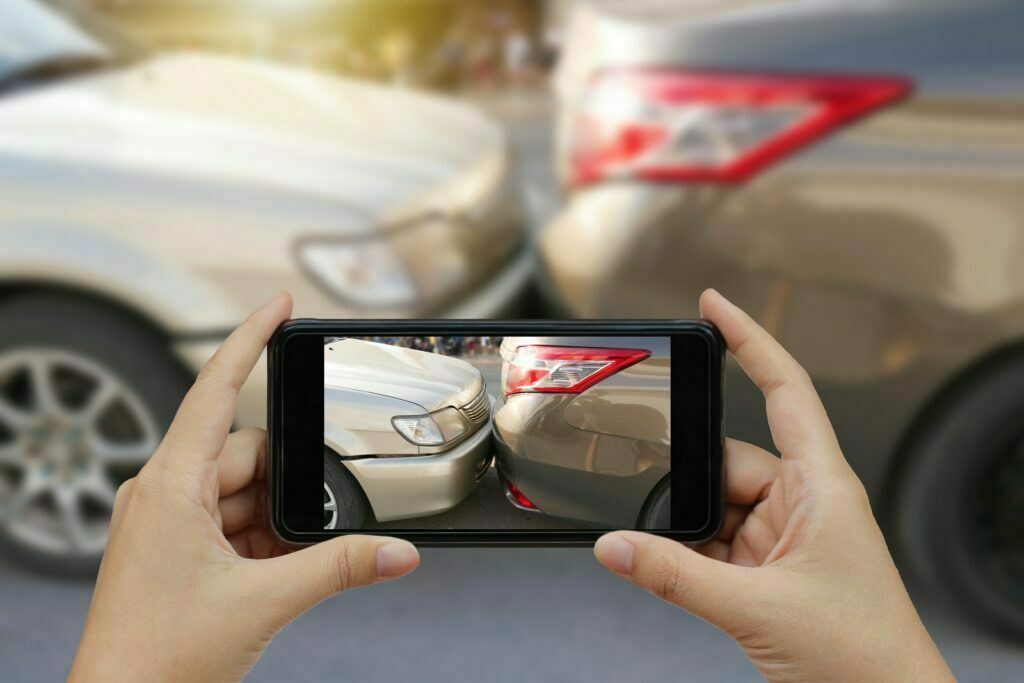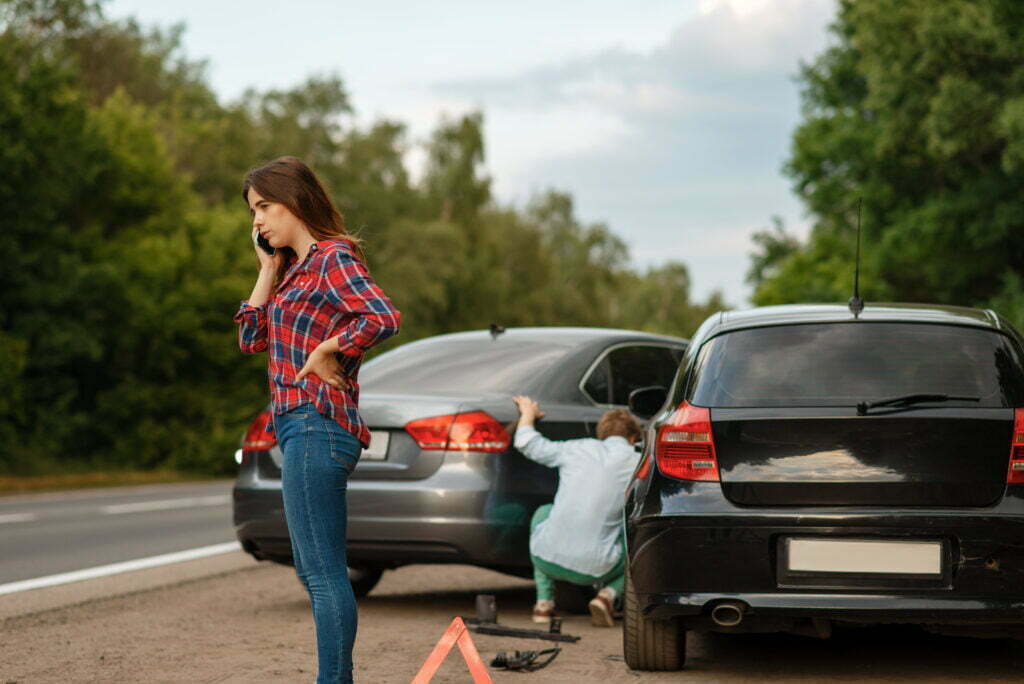
We are living in a time where technology is advancing quickly and in ways our great grandparents probably would not have predicted. As impressive as a self-driving cars are, there are also questions about how safe they are and on what happens when a self-driving car causes a wreck.

Driverless Vehicles Will Become Commonplace Soon
Self-driving cars will become commonplace within the next few years. As they do, questions about who is responsible for accidents involving them will arise. Who is at fault when a self-driving car causes a wreck? What are the legal implications? How does liability work in a self-driving vehicle accident? These are just some of the many questions that come up when considering how liability works in a self-driving car causes a wreck.
To help you understand these issues, we have put together an overview of what happens when a self-driving vehicle crashes. We hope that this information helps you better prepare for your future with autonomous vehicles.
Self-Driving Technologies May Cause Some Concerns

As self-driving technology becomes more prevalent, there are concerns about safety and liability. In fact, some people believe that self-driving technologies pose a greater threat to society than traditional automobiles.
For example, some people fear that self-driving cars will cause more accidents because they will be programmed to drive faster. Others worry that self-driving cars may be programmed to ignore pedestrians. Still others think that self-driving cars could be used by terrorists to carry out attacks.
However, there are also benefits associated with self-driving vehicles. They could reduce traffic congestion, improve road safety, and make travel easier.
What Can Be the Reason a Self-driving Car Causes a Wreck?
When two cars collide under normal circumstances, North Carolina law holds the at-fault party responsible for all damages and losses that he or she caused. But in the age of self-driving cars, the question of responsibility must be determined. In general, liability depends on one or more of these options:
Human Error
Human error is still the first place an injured victim should look. Even the best technology cannot protect the public from negligent human operators, if the human driver has ultimate control of the vehicle. If a driver fails to remain alert while at the wheel or misuses the technology, then the driver may be responsible for a crash.
Vehicle Malfunction
Sometimes technology simply fails. If a driverless vehicle is being operated properly and as designed but somehow fails, then the manufacturer may be the appropriate party to hold responsible for any injuries that the faulty machine caused.
Lax Government Oversight
A government regulatory agency that permits self-driving vehicles to be tested on public roads may potentially be responsible for allowing experimental vehicle testing on public roadways if the testing exposes the public to unreasonable risk of harm.
Improper Design or Manufacturing
In some cases, the design of the vehicle is defective, and it must be considered whether this is something that the manufacturer should have recognized.
Who Is at Fault When a Self-driving Car Causes a Wreck?

The answer to who is at fault when a self-driving car causes a wreck can depend on several factors. The first thing to consider is whether the person operating the vehicle was negligent. For example, did the operator fail to maintain proper lookout, use reasonable care, or follow traffic laws? If so, then the operator could be held liable for any injuries that resulted from his or her negligence.
If the operator was not negligent, then the next consideration is whether the vehicle itself was defective. This includes issues such as whether the vehicle’s software malfunctioned, whether the vehicle was improperly manufactured, or whether the vehicle was negligently designed. If the vehicle was defective, then the manufacturer may bear some responsibility for the accident.
Another factor to consider when a self-driving car causes a wreck is whether the operator was using the vehicle according to its intended purpose. For example, if the operator was driving the vehicle for purposes other than those for which it was designed, then the operator may be found to be negligent.
Finally, the state of the art of self-driving vehicles may play a role in determining who is at fault. For instance, if the state of the art allowed only certain types of vehicles to operate on public roads, then the state might be responsible for permitting unsafe.
Want to Know More About Liabilities of a Self-Driving Car?
Ask an attorney. We are here to help you understand your rights and responsibilities after a self-driving car accident.









